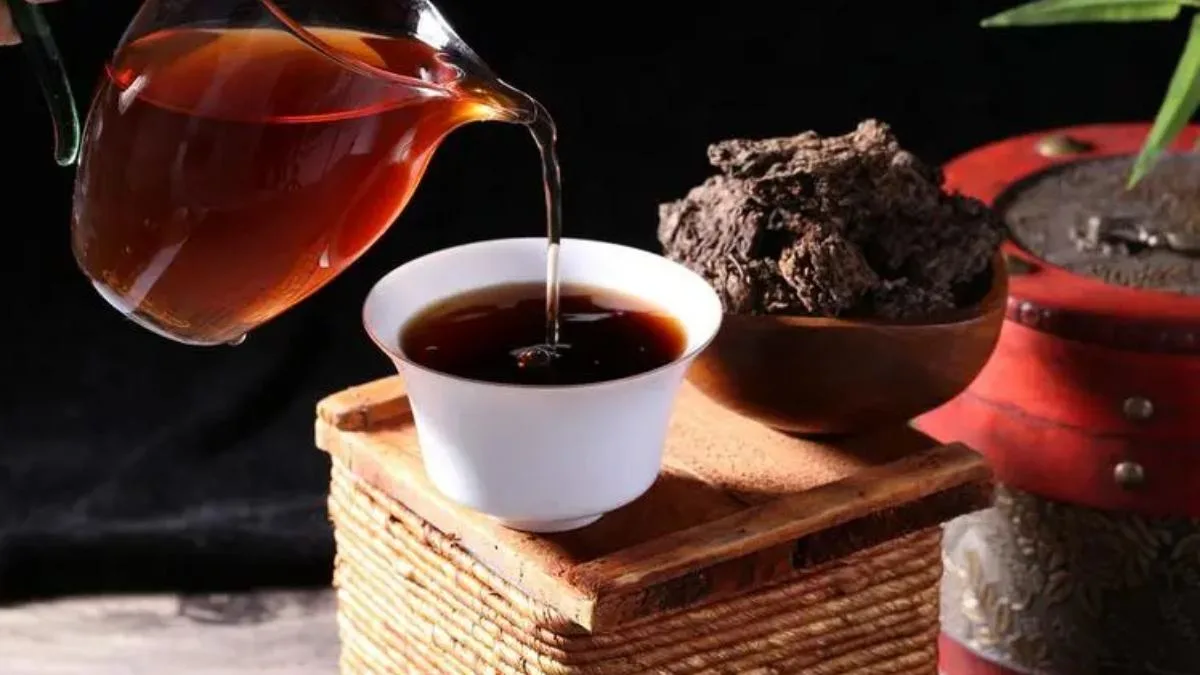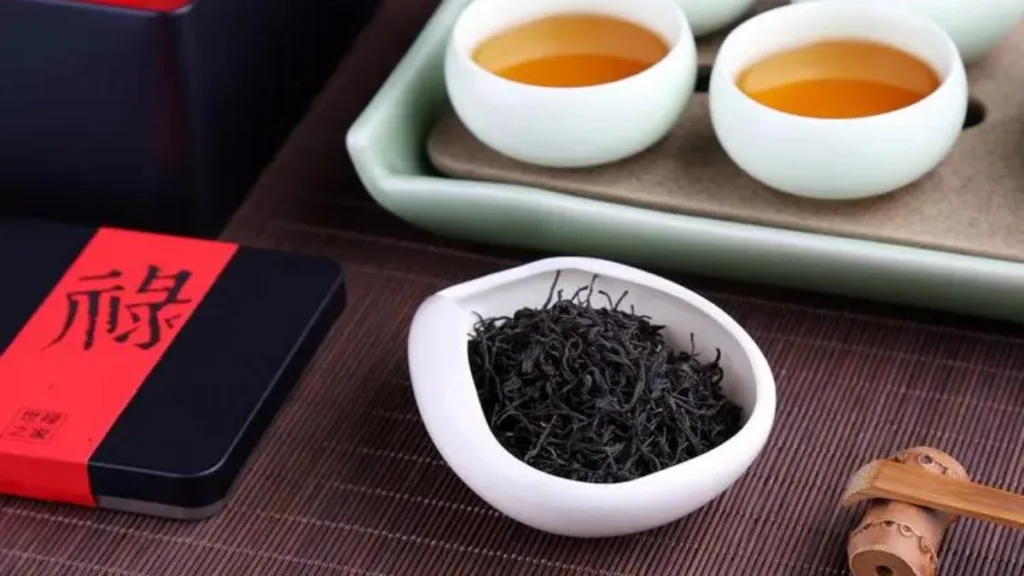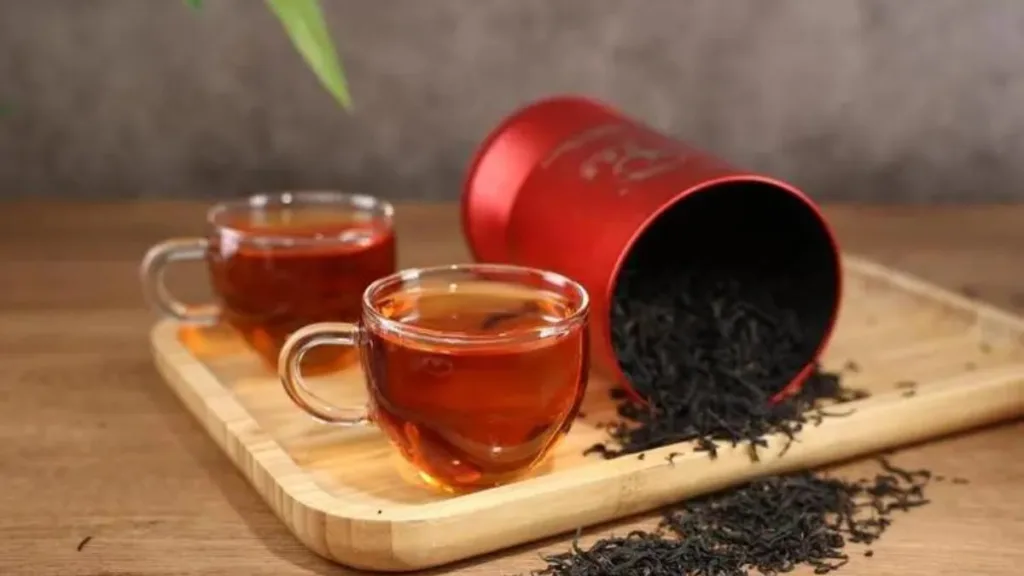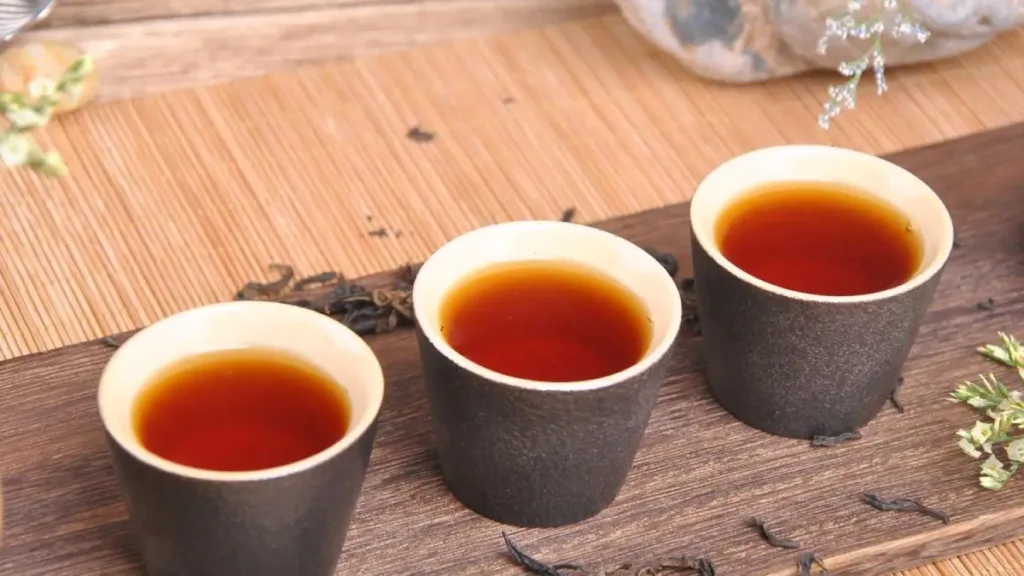As someone who has devoted years to the study of tea, it is my responsibility to declare, with careful consideration, that the ideal brewing temperature for black tea falls within the range of 85°C to 90°C. The impact of brewing temperature on the taste of black tea is substantial, with tea artisans producing vastly different flavors. To truly understand the nuances, let’s explore the essential components found in black tea.
Key Components in Black Tea:
- Tea Polyphenols: Tea polyphenols, also known as catechins or “tea tannins,” contribute to astringency. In black tea, these polyphenols undergo enzymatic oxidation during fermentation, resulting in a reduced content compared to fresh leaves. The infusion of tea polyphenols is positively correlated with brewing temperature. Research published in the journal of the Chinese Academy of Social Sciences indicates that the highest extraction of tea polyphenols occurs at 90°C to 100°C, leading to a more astringent taste. Therefore, boiling water is not recommended for brewing black tea.
- Amino Acids: The content of amino acids in tea is related to the grade of black tea. Higher-grade black teas generally have higher amino acid content. While the extraction of amino acids increases with rising brewing temperature, the impact of temperature is relatively smaller compared to the influence of tea grade. Balancing the ratio of amino acids to tea polyphenols is crucial for achieving a harmonious flavor profile. Keeping the brewing temperature within 90°C ensures a favorable balance, enhancing the freshness, sweetness, and bitterness of black tea.
- Flavonoids: Flavonoids, a type of compound found in tea, contribute to astringency and can enhance the bitterness of caffeine. The extraction of flavonoids is directly proportional to temperature. Research indicates that at temperatures between 70°C and 80°C, flavonoid extraction is significantly affected, stabilizing beyond 80°C. Striking a balance is essential to prevent excessive bitterness in black tea.
- Caffeine: Caffeine, or theobromine, in black tea increases with higher brewing temperatures. The caffeine content in black tea is also associated with the tea grade, with higher-grade teas containing more caffeine. Keeping the brewing temperature between 80°C and 90°C ensures an adequate extraction of caffeine, offering a balanced intake for health benefits without excessive stimulation.
- Pigments: The main pigments in black tea are theaflavins and thearubigins, with theaflavins contributing to the brightness and briskness of the tea, while thearubigins add depth and intensity. The extraction of these pigments increases with temperature up to a certain point. Maintaining a temperature around 85°C allows for a balanced extraction of these pigments, preventing the tea from becoming too dark or losing its clarity.
Conducting a Practical Experiment:
To provide a more tangible perspective, I conducted a simple brewing experiment using two grades of Keemun black tea. Employing temperatures of 100°C and 85°C, I focused on observing the impact on the color of the tea infusion, as color is indicative of the presence and balance of various compounds.
At higher temperatures, both grades of Keemun black tea exhibited darker, murkier infusions, clearly indicating accelerated oxidation of the theaflavins and thearubigins, resulting in increased levels of theaflavins. The conclusion drawn from infusions at different temperatures further supports the notion that water temperature significantly influences the quality of tea, especially considering the impact of tea grade.
Conclusion:
The most balanced brewing temperature for black tea falls within the range of 85°C to 90°C. The presented data, while informative, may seem complex. Therefore, a simple practical experiment reinforces the idea that water temperature indeed plays a crucial role in shaping the quality of black tea.
The essence of brewing tea lies not in releasing all substances in a haphazard manner but in achieving an internal balance. In black tea, the refreshing and brisk tea polyphenols, the flavor-enhancing theaflavins, the amino acids providing freshness, the astringent tea polyphenols, and the stimulating caffeine all play vital roles. Their interplay, whether in abundance or moderation, high or low, results in the myriad of tastes experienced by individuals. As the saying goes, “A thousand people brewing tea, a thousand flavors.”



